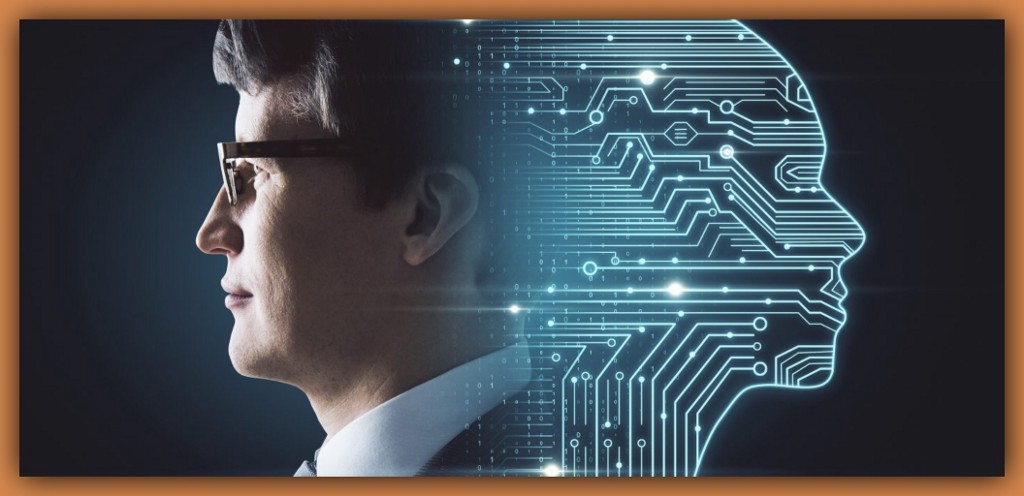AI AI

Artificial intelligence (AI) is an intelligence based on algorithms that perceive, synthesize, and infer information and are demonstrated by machines, as opposed to intelligence displayed by animals and humans. The first machine-learning algorithms were developed by the IBM Watson team in 2005, using a neural net, a network of neurons that can process information in a non-linear manner. The neural networks were used to recognize and classify images. In 2016, Google's DeepMind team created its own neural network. It was able to learn from the images of a person in real life, then apply its knowledge to the computer-generated images that were shown to it in training. Deepmind's AI is called AlphaGo, the name of an old Chinese chess-playing program. Alpha Go is currently ranked as the world's best chess computer, beating the likes of the Chinese, Japanese, Russian, Korean, French, English, American, British, Italian, Portuguese, Spanish, German, Canadian, Indian, and Australian chess programs.
The AI that Google created is not yet fully developed, however. IBM Watson was created to be an expert in artificial intelligence, meaning that it would have to understand the way the user speaks, how the user thinks, or how they act. This means that AI can only learn by observing humans, rather than by being taught by them. AI has been developed to predict the behavior of people, animals, robots, machines, and other intelligent machines. AI is still in its infancy, even though it's already been around since the 1950s. There is no doubt that we will see a lot of AI-based products in our lifetime. Some of these are already available in production.
For example:
- Amazon Alexa
https://www.amazon.com/dp/B076K3SQ3W
Google Home
http://goo.gl/JX8R6S
Microsoft's Cortana
https://github.com/Microsoft.
A new study from researchers at the University of Washington shows that the number of patients with Parkinson's disease (PD) who have received a deep brain stimulation (DBS) treatment has risen from just over 2,000 in 2015 to over 10,500 in 2019. These patients have been treated for years with DBS, also known as deep-brain stimulation, DBT, deep neural network, neural interface, neuromodulation, neuroprosthesis, etc. They were able for many years to control the symptoms of their Parkinson's disease, including movement. But in this study, researchers found that these patients were now able, in addition to their movement control, be able also to speak, understand, write and even play a musical instrument like an accordion. And they are able to do this with just one DBD. So, this is another example of using AI to help people with PD. The study also showed that DBCN-DDS (Deep Brain Stimulation) has the potential to improve motor function and reduce the risk of falls in people who are unable to walk. It also has the potential for people to learn to play an instrument.
Artificial Intelligence In Robotics
Tags: AI AI, artificial intelligence